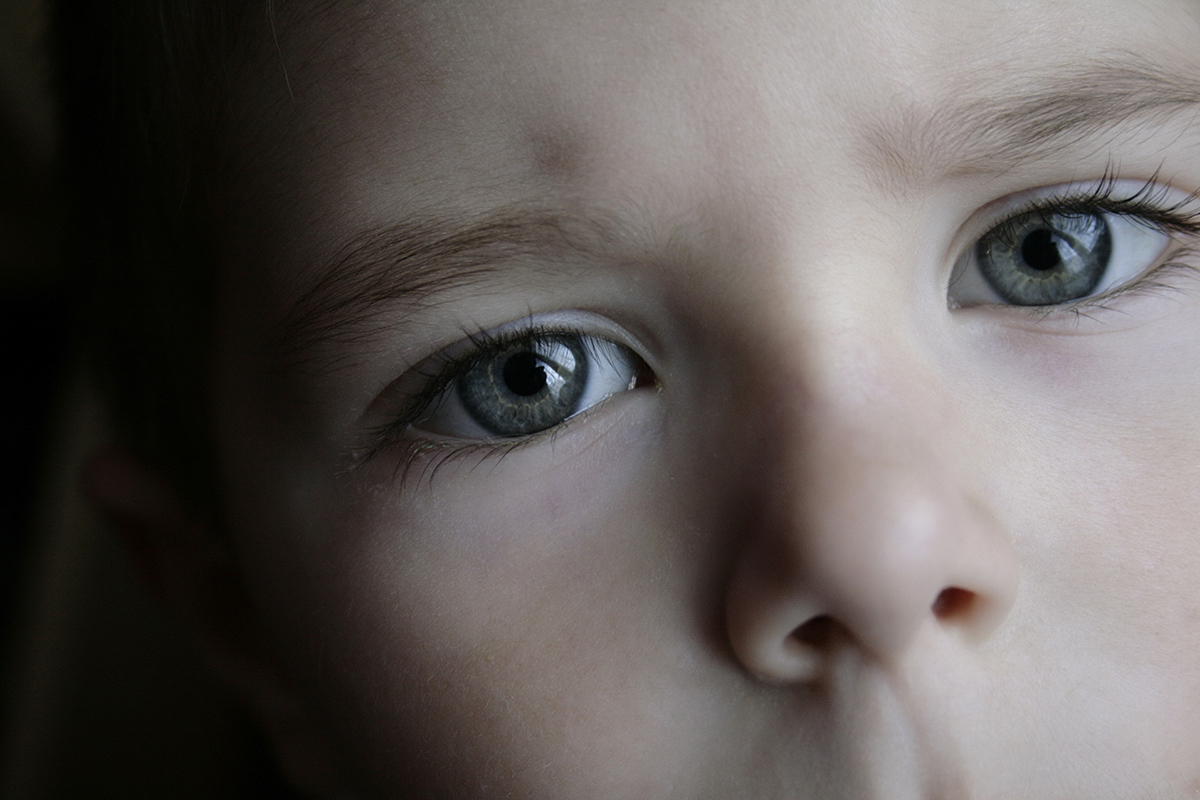- Study Says Most Parents Don’t Use Car Seats In Ride Share Vehicles Like Uber
- This 12-Year-Old Boy Is A Sophomore Aerospace Engineering Major!
- Fire Safety Experts Warn Of Hand Sanitizer Danger After A Mom and Kids Escape House Fire
- Recall Alert: Peaches May Be The Cause Of Salmonella Outbreak, 68 People Ill
- Summer Vacation In The Days Of COVID: Tips To Stay Safe
- How To Safely Grocery Shop During The Coronavirus Pandemic
- Michigan Teen With Vape-Related Illness Undergoes Double Lung Transplant
- Teen Kicks Off Anti-Vaping Campaign From Hospital Bed
- Teenager Receives Life Sentence For Strangling Sister To Death Over A Wi-Fi Password
- Toddler Falls To Death From 11th Deck of Cruise Ship
Is Your Child A WorryWart?


You might hear teachers calling your little one anxious or hesitant if you have an anxious little one. You might notice your child doesn’t want to try new things or has difficulty separating from you more often than not. There are many indicators that will show you have an anxious child, rather than say having a child who has normal developmental fears for his or her age. For example, around age four it is not uncommon for children to be afraid of the dark. It is also common for children to be anxious when separating from a parent as he or she starts kindergarten, but it is a sign of anxiety if your child is always upset when you are gone and has trouble being comforted.
How do you know if your child is an anxious child or simply going through a developmental stage? Here are some signs:
Not Shy– Anxious
Being shy is one thing– avoiding social situations and peers, dreading being called on in class or panicking over introducing oneself to a peer could be a sign of social anxiety disorder.
Can’t Leave You. Ever
Between the ages of eighteen months and 3 years, children experience separation anxiety from their parents, but if your child is older and cannot be left by you or another person in the family, you could have an anxious child on your hands. It’s normal for kids to get upset with new changes but if the idea of leaving you or someone else causes your child great distress and he or she has a hard time coming back around, it may be a sign of anxiety.
Selective Mutism
If your child refuses to talk in a social situation or academic in such a severe manner that your child has difficulty with his or her peers, this is called selective mutism and believe it or not, is a sign of anxiety.
General WorryWart
If your child worries about anything and everything and tends to fear the worst, your little one may have anxiety.
Other common signs of anxiety in children can include:
- Excessive bed-wetting or accidents
- Refusal to go to school or camp
- Worry that impedes with your child’s grades
- Insomnia or other sleep issues
Here is a list of helpful tips for anxious children.








0 comments